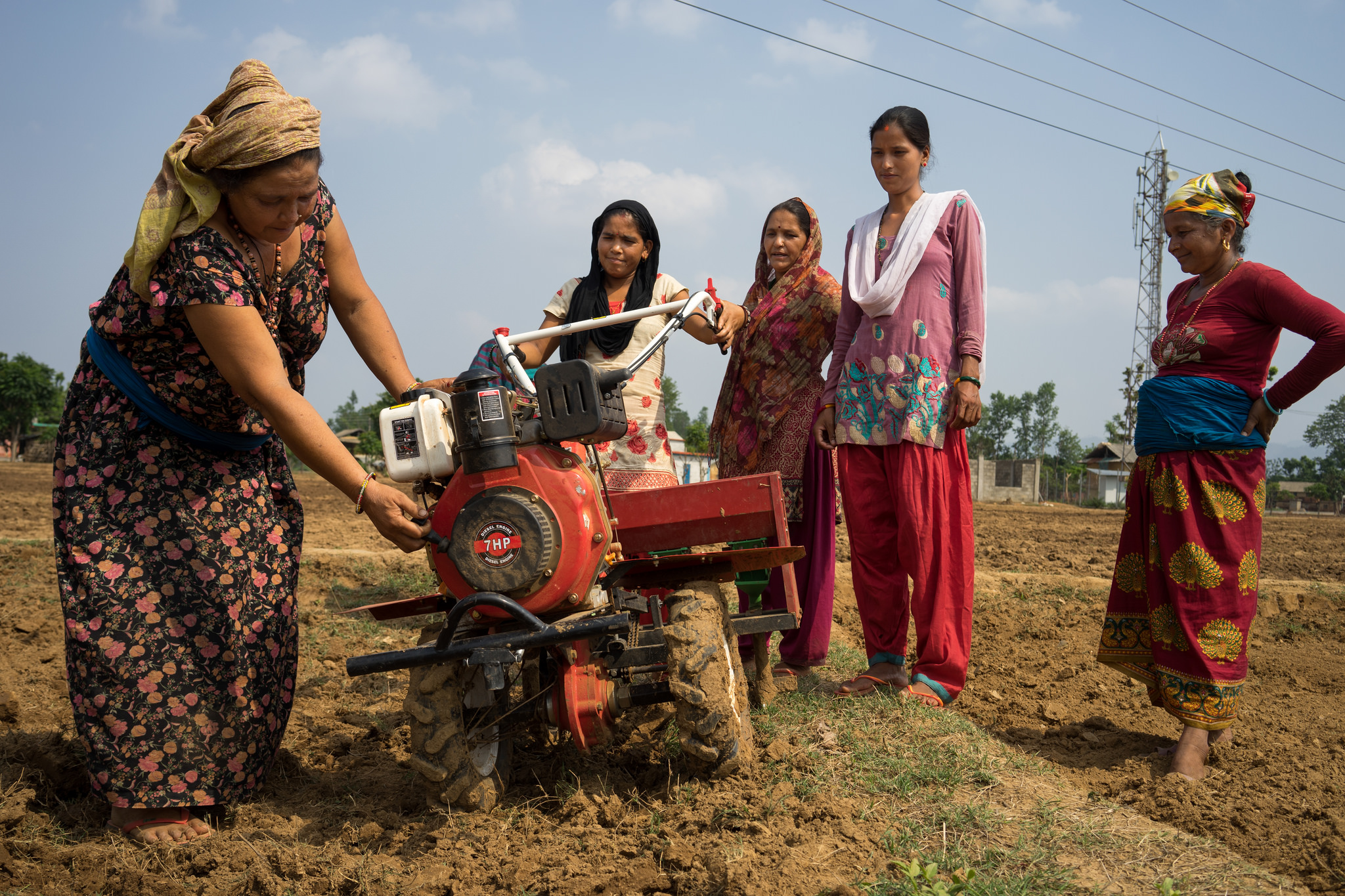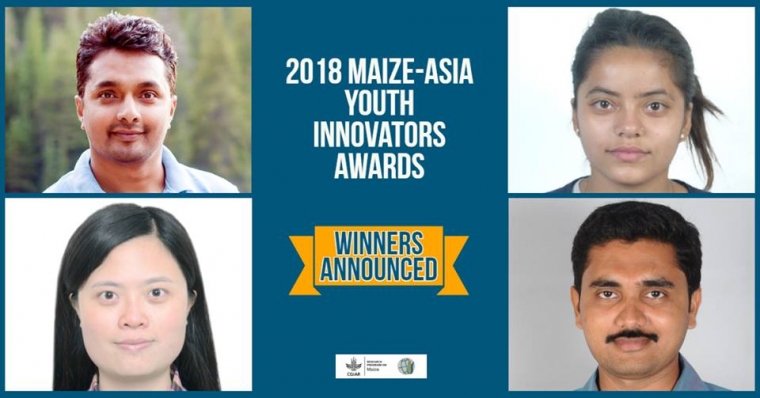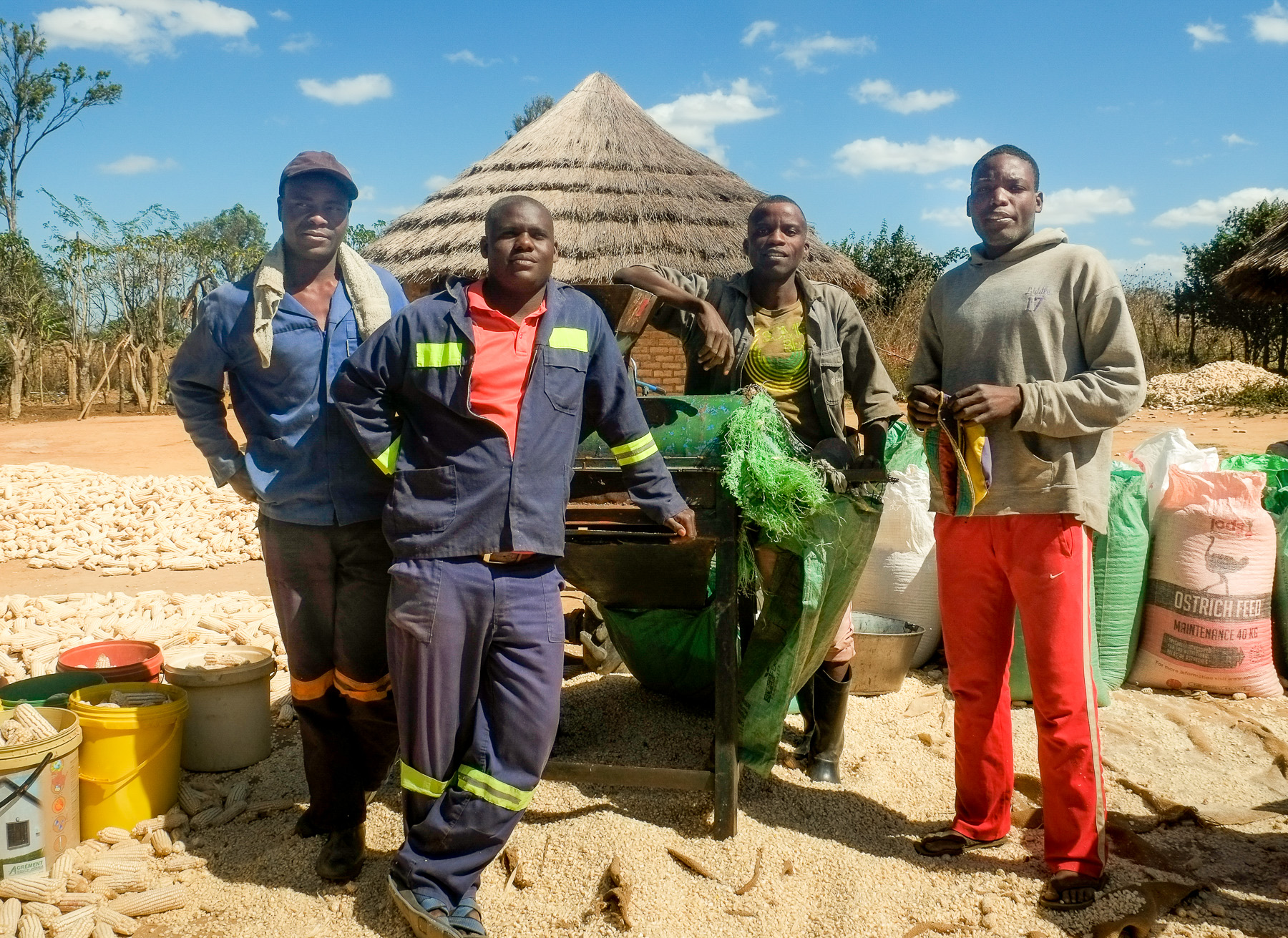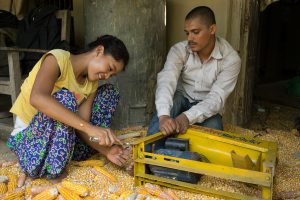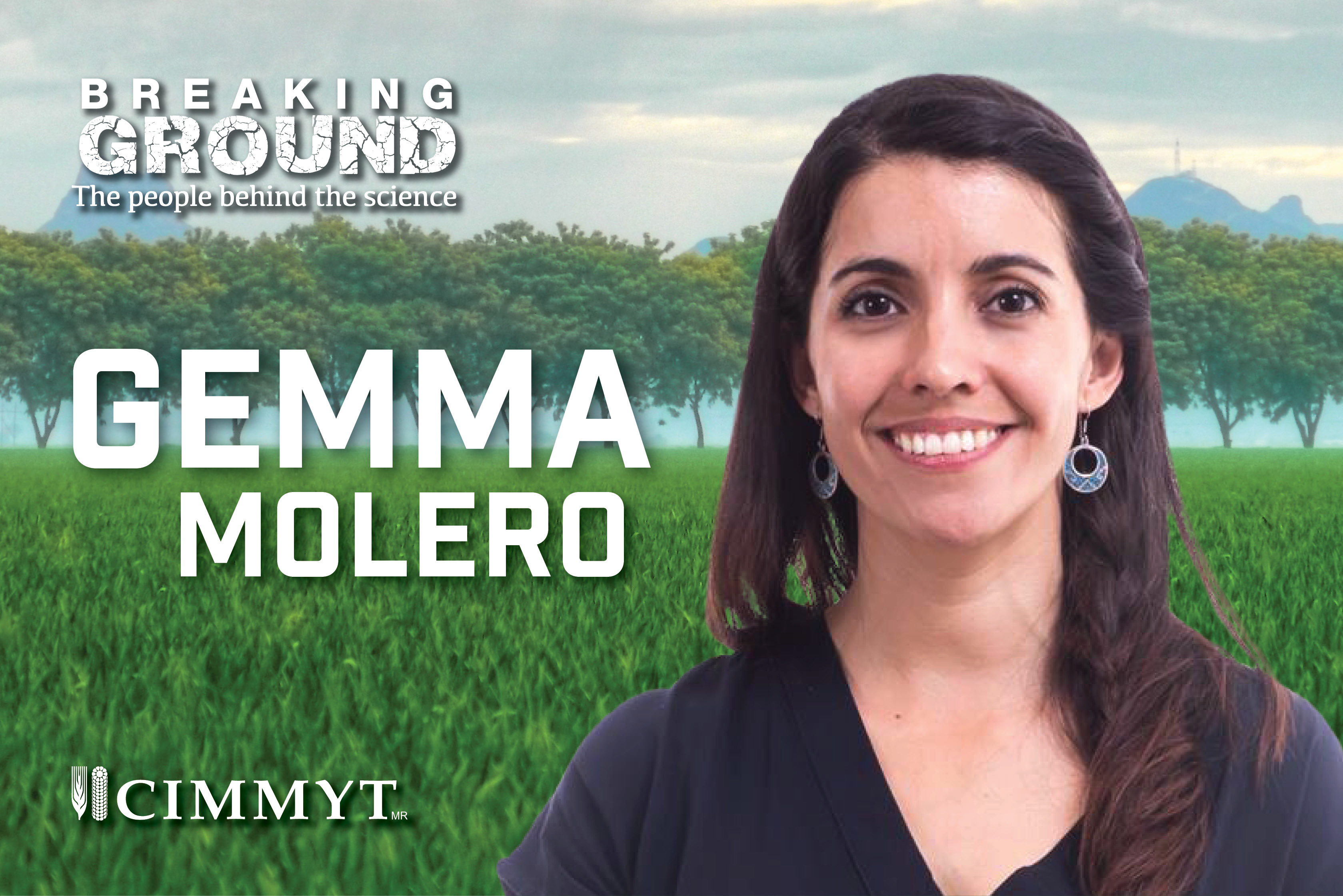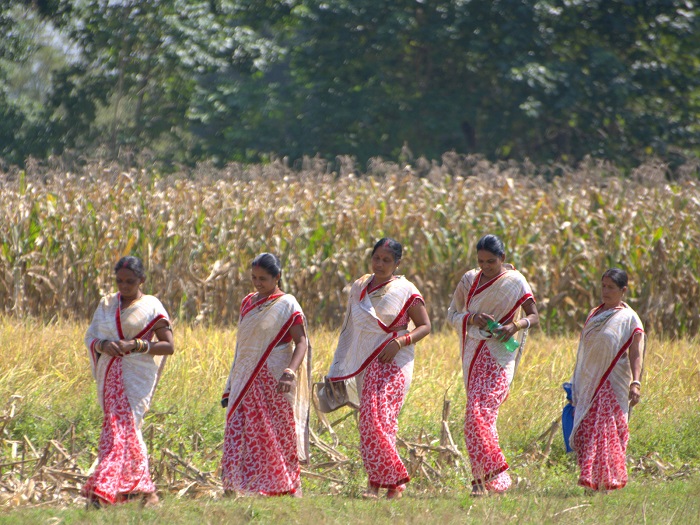Gender equality, youth and social inclusion
Gender and other social differences such as age, wealth and ethnicity, have an enormous influence upon the success of agricultural interventions. To ensure equitable impacts and benefits to rural people, CIMMYT emphasizes inclusive research and development interventions. Starting with the collection of data on gender and social differences, efforts are underway to address these gaps and ensure equitable adoption of technologies and practice. This includes working towards gender-equitable control of productive assets and resources; technologies that reduce women’s labor; and improved capacity of women and youth to participate in decision-making.
Winners of the 2018 MAIZE Youth Innovators Awards – Asia announced
 Capacity development
Capacity development
Four awardees are using modern technologies, dedicated to new knowledge and with hopes to improve the world.
African youth find entrepreneurial opportunity in agricultural mechanization
 Capacity development
Capacity development
An increasing number of youth across eastern and southern Africa are creating a stable living as entrepreneurs in agricultural mechanization service provision.
Timothy J. Krupnik
 Climate adaptation and mitigation
Climate adaptation and mitigation
CIMMYT promotes gender awareness in agriculture research and development in Ethiopia
 Capacity development
Capacity development
Gender awareness and gender-sensitive approaches are slowly spreading into agricultural research, extension, and policy in Ethiopia, according to industry experts.
Overcoming gender gaps in rural mechanization
 Gender equality, youth and social inclusion
Gender equality, youth and social inclusion
A new publication details current gender gaps in rural mechanization in Bangladesh, and outlines plans to overcome these challenges.
New guides help agricultural scientists think gender in research design
 Capacity development
Capacity development
A new set of resources has been released to aid agricultural researchers in integrating gender sensitivities into their research for development projects.
Ag women speak out for International Day of Girls and Women in Science
 Gender equality, youth and social inclusion
Gender equality, youth and social inclusion
To celebrate International Day of Women and Girls in Science, CIMMYT asked women involved in agricultural science to share their views on what they would like to see change.
Women are the foundation for change in rural Ethiopia
 Gender equality, youth and social inclusion
Gender equality, youth and social inclusion
Community conversations, a human-centered approach, puts people in charge of their own development in maize-based communities in Ethiopia.
Helping farming families thrive while fighting climate change in Mexico
 Climate adaptation and mitigation
Climate adaptation and mitigation
Women and youth help lead efforts to adopt climate-friendly farming and safeguard indigenous maize yields.
Community-based approach to gender research has far-reaching impacts
 Gender equality, youth and social inclusion
Gender equality, youth and social inclusion
